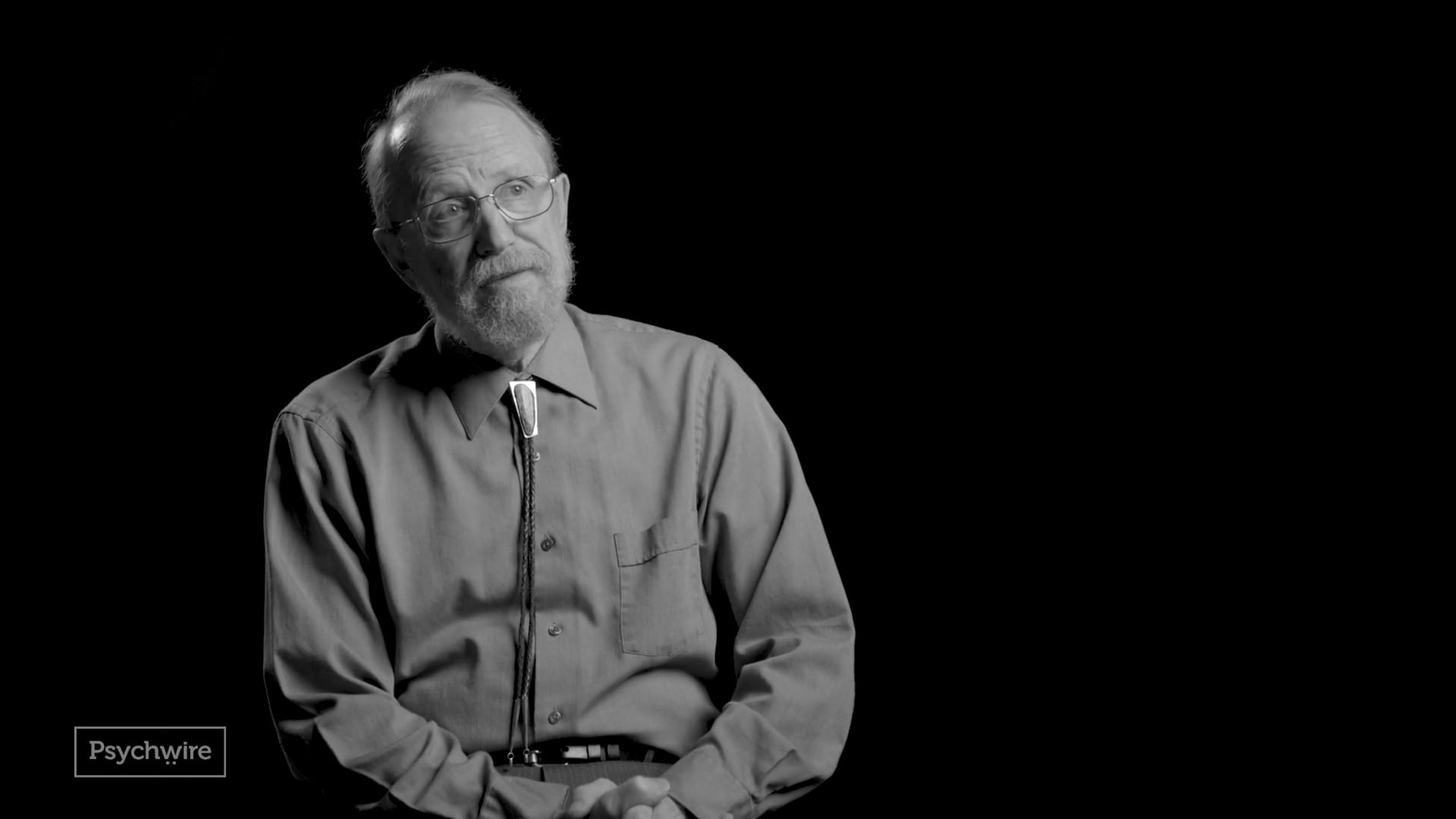
Integrating MI with Other Approaches
 Motivational Interviewing - Foundational
Motivational Interviewing - FoundationalThere's been a change in the world of Motivational Interviewing, which I've wanted for decades, which is the integration of Motivational Interviewing with other forms of therapy. The most important thing to know about MI is that it is a way of being with your client. It's something that can't be completely defined by your behaviors and exactly what you do and techniques that you use with your clients because it is encompassed by an intention that you have to be a certain way with your client when you're in the room. In a way, I've come to think of Motivational Interviewing as a way of doing what else you do.
It combines with other kinds of treatment. The most common so far has been a combination of Motivational Interviewing with Cognitive Behavior Therapy. And so it it's a way of doing Cognitive therapy or a way of doing behavior therapy, and they fit together. It is possible that if you view MI as an underlying style with which you converse with people about change and in which you are aware of the language about change that they use and you use reflection in response to it, that's MI, well, that happens in CBT. That happens in psychotherapy. That happens in psychoanalytic psychotherapy.
Whenever people talk about change, they use the language, and responding to that reflection is the heart of MI. It is not a matter of Motivational Interviewing being a competing way of doing therapy. It's not like you need to give up what else you've been doing and be converted to Motivational Interviewing and do that instead of what else you're doing. It's a way of doing what else you do in a particular way that makes it more likely that the client is going to change.
When you combine MI with other more directional treatments, or you front load MI in these more intensive, action-oriented treatments, what you see is that people will be more likely to stay in the treatment. They're more likely to come back, and then in the end there's an advantage for adding Motivational Interviewing to these more intensive treatment packages. We don't know then whether that's because MI had an independent effect on the treatment, or whether it worked by facilitating that more intensive treatment. My guess is both. There's just something about being the privileged witness of people talking themselves into change and coming up with their own motivations and their own ideas that's really moving.
And humane treatment, I think, is a really important piece of it, That when you set yourself up as an expert or someone who's going to make people change, you automatically evoke equal and opposite push against that. And I think as that gets discovered and applied in different fields, that we will, I hope we will become more humane providers of services.